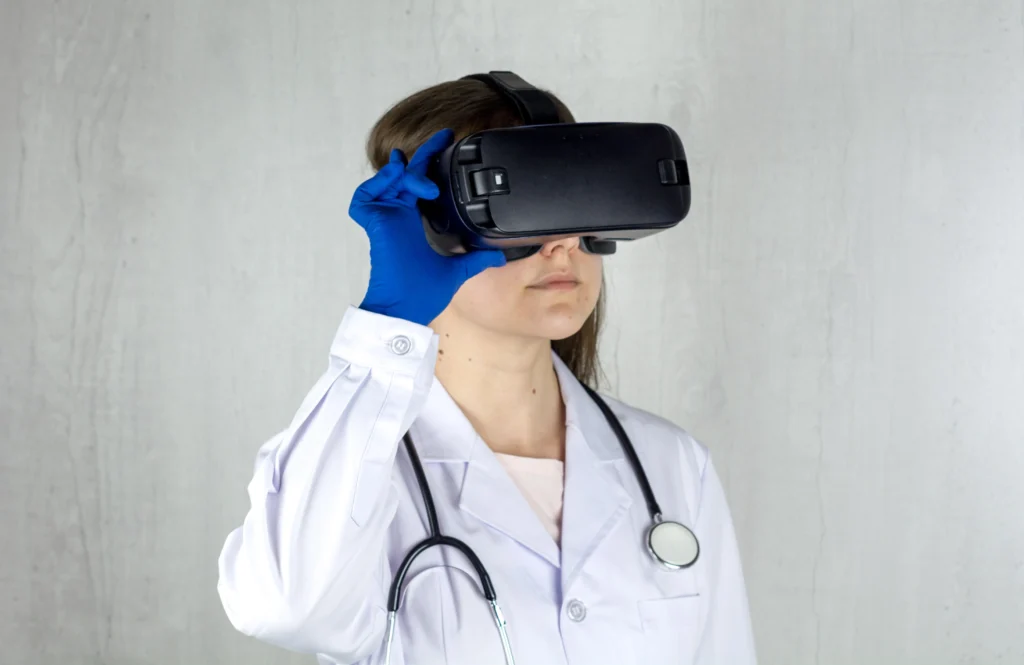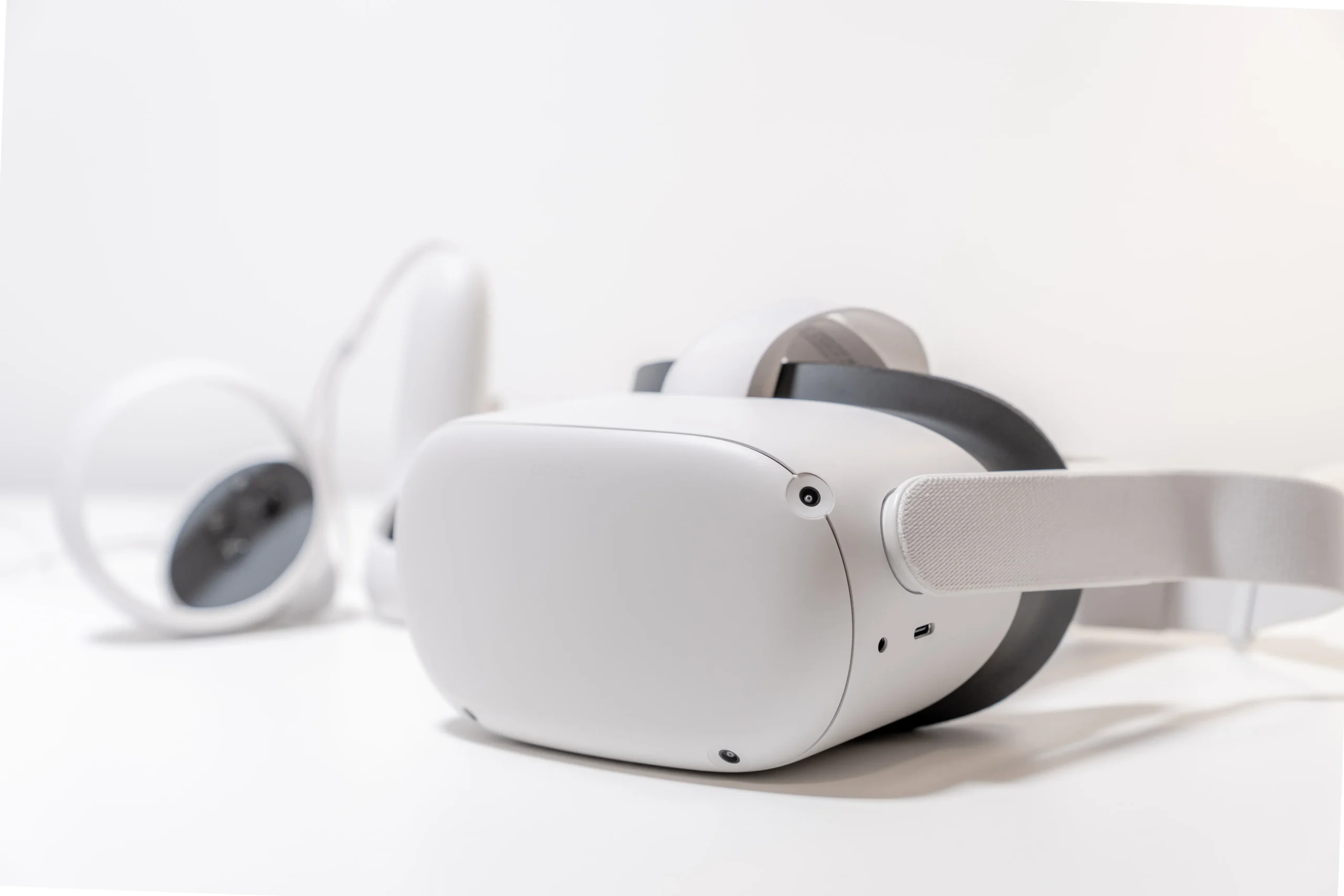Virtual reality (VR) has emerged as a revolutionary technology, creating simulated environments that enable realistic interactions. In the realm of healthcare, VR is proving to be a game-changer with its potential to significantly enhance patient care through various innovative applications.
Medical Training Redefined
One of the most promising uses of VR in healthcare lies in medical training. This cutting-edge technology offers an avenue for surgeons and medical professionals to undergo realistic training. Complex and hazardous procedures, which are impractical to perform on real patients, can now be practiced through VR simulations. For instance, intricate surgeries like brain surgery or heart surgery can be perfected through virtual training. Additionally, rare or uncommon procedures can be effectively trained, providing medical professionals with invaluable experience.

Empowering Pain Management
VR also holds promise in managing pain effectively. By providing immersive environments, VR can divert patients’ attention from their pain, leading to reduced pain levels. Patients can immerse themselves in tranquil beaches or serene forests, offering a form of distraction therapy. Furthermore, engaging patients in games or videos can take their minds off their discomfort. Remarkably, VR has demonstrated its efficacy in diminishing pain levels for patients undergoing chemotherapy.
Revolutionizing Rehabilitation
Post-surgery or injury, VR comes to the rescue in the rehabilitation process. Patients can use VR simulations to practice movements they are physically unable to perform, accelerating their recovery. For example, stroke patients can regain their mobility with targeted VR exercises. Additionally, VR provides essential motivation and support throughout the rehabilitation journey.
Surgical Precision Through VR
VR technology is a valuable asset in surgical planning and execution. Creating intricate 3D models of patients’ anatomy helps surgeons visualize surgeries and identify potential risks. For complex anatomies, such as in unique cases, VR assists surgeons in devising meticulous surgical plans. Real-time feedback during surgeries further enhances accuracy and safety.
Transforming Mental Health Treatment
The impact of VR extends to mental health treatment, offering effective solutions for conditions like anxiety, depression, and post-traumatic stress disorder (PTSD). VR simulations expose patients to situations that trigger their fears, helping them gradually overcome them. For instance, patients with anxiety disorders are treated through virtual environments that challenge their fears. Furthermore, VR provides relaxation techniques and coping skill training for individuals with mental health conditions.
Conclusion
Virtual reality presents an exciting frontier with immense potential to elevate patient care in numerous ways within the healthcare landscape. As VR technology continues to evolve, we can anticipate even more innovative and effective applications of VR in the future.
Exploring Real-Life VR Success Stories
Let’s delve into some specific examples of how VR is being used in healthcare today:
MedVR:
A trailblazing company specializing in VR simulations for medical training. MedVR’s simulations have successfully trained surgeons for intricate procedures like brain surgery, heart surgery, and orthopedic surgery.RehabVR:
Pioneers in VR simulations for rehabilitation. RehabVR’s simulations have shown remarkable outcomes in assisting patients with stroke, spinal cord injury, and other neurological conditions in recovering their mobility.MindMaze:
An innovative company developing VR simulations for mental health treatment. MindMaze’s simulations have demonstrated outstanding results in treating patients with anxiety, depression, and PTSD.
These exemplary cases are just a glimpse of the enormous potential of Virtual Reality (VR) in the healthcare industry. With continuous advancements in VR technology, healthcare professionals can look forward to a future brimming with groundbreaking applications that will undoubtedly revolutionize patient care. VR’s capabilities offer a wide range of possibilities, from immersive medical training simulations to innovative therapies and treatments that can enhance patient outcomes and overall healthcare experiences. As VR technology continues to evolve, it has the power to significantly improve diagnostic accuracy, patient engagement, and remote healthcare services. The use of VR can also contribute to reducing medical errors and increasing the efficiency of medical procedures. All in all, the future of healthcare holds tremendous promise with the integration of Virtual Reality, creating a new era of care that is both technologically advanced and patient-centric.




